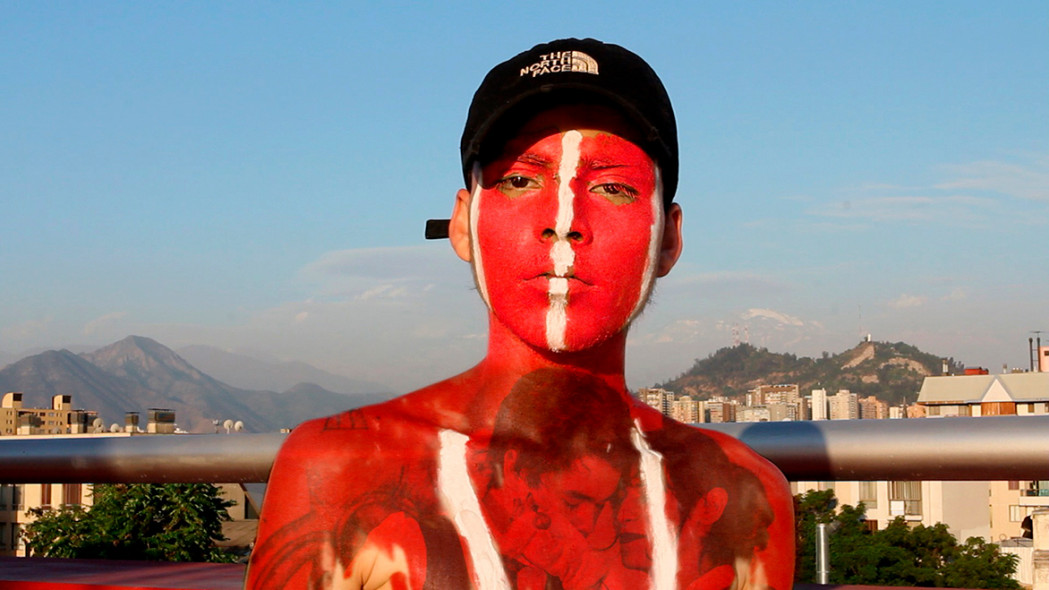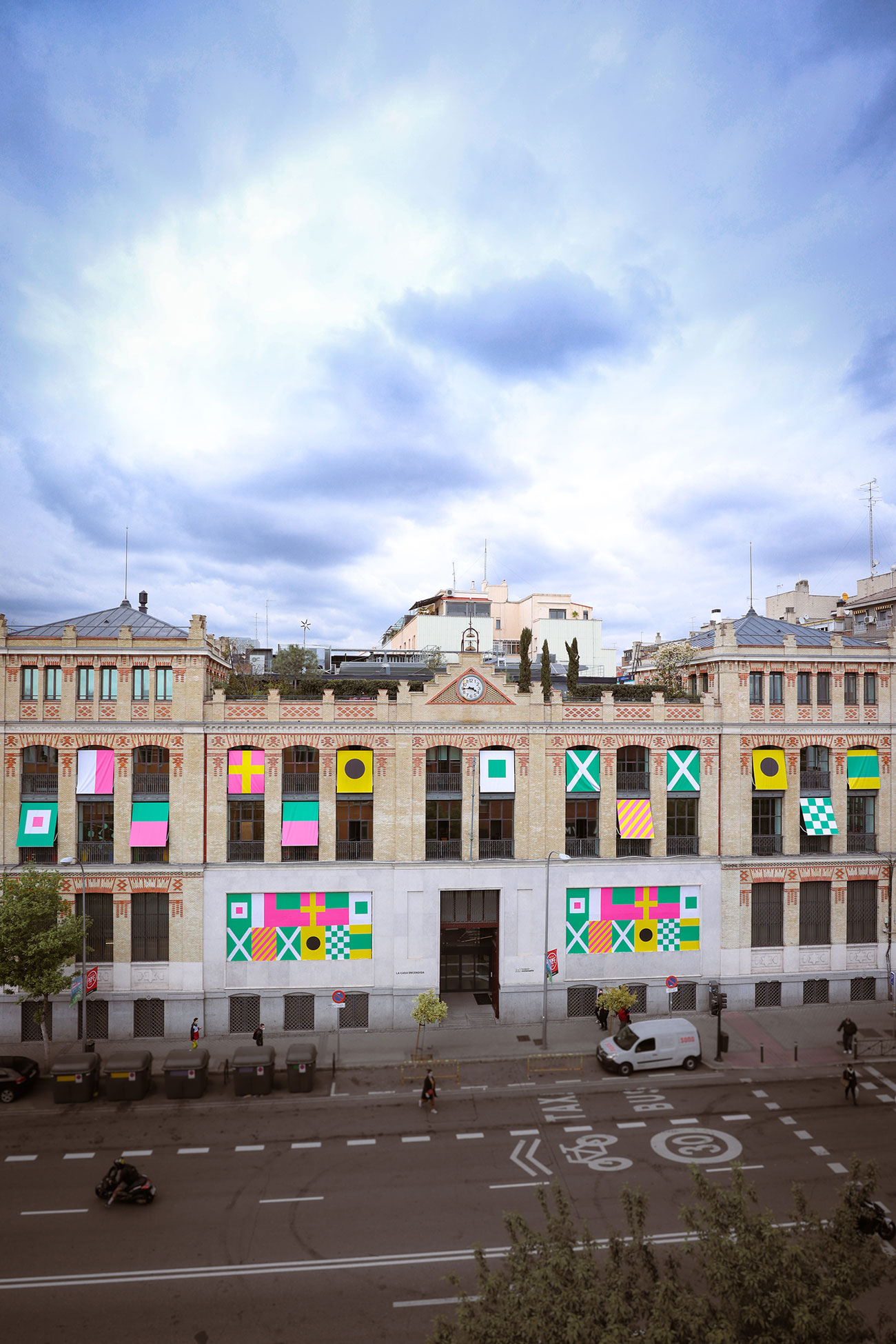Undermined Traditions

This cycle features a group of works that challenge the scientific and mediatic discourse on which ethnographic film has traditionally been predicated. At the intersection of documentary film, contemporary art and performance, the authors become objects of cultural study, consider themselves in relation to their environment, and approach other subjects without appropriating them.
Traditional ethnographic film is characterised by a marked mind/body dichotomy: an exoticised, eroticised body, an “alien”, an observed other-body that serves to illustrate Western heteronormative hegemonies. An empty mind in search of meaning, an invisible narrator’s voice that produces knowledge. This low, disembodied voice measures, weighs, quantifies and classifies the other. Fascinated by the strangeness of the discovery, it feels duty-bound to document all the rituals, dances, customs and iconography of the observed other and use this information to construct his/her identity. History has used this mind-body dualism (and its derivative dichotomies of possessor/possessed, culture/nature, I/other, human/animal, etc.) to erect an iron-clad structure of representation legitimised by the scientific method.
In her text “Autoethnography: Journeys of the Self”, anthropologist Catherine Russell notes that “one’s own body and one’s historical moment may be the joint site of experience and identity, and yet they don't necessarily add up to ethnicity as an anthropological category”. In the mid-1990s, when recording devices grew more affordable and video became a part of domestic life, ethnography found its way into the homes of ordinary citizens. Using an experimental language deeply rooted in the tradition of the personal diary, this field of knowledge, the practice of which had hitherto been reserved for scholars and scientists, acquired strong autobiographical overtones and become a tool for challenging imposed identities and hegemonic discourses, proposing instead a subjective analysis of environment and vision. The all-knowing voice disappeared and was replaced by one’s own body and experience.
This corporeal perspective in the technologies of representation and in identity politics is the hinge that articulates all the pieces in Undermined Traditions. Memory, personal stories as opposed to monolithic history, fragmentation, re-enactment, speculative fiction and image analysis steeped in the codes and aesthetics of the post-capitalist internet are just some of the strategies used by these authors to shed the burden of their cultural and religious inheritance and find their own brand of ethnography.
Cycle curated by Quiela Nuc
